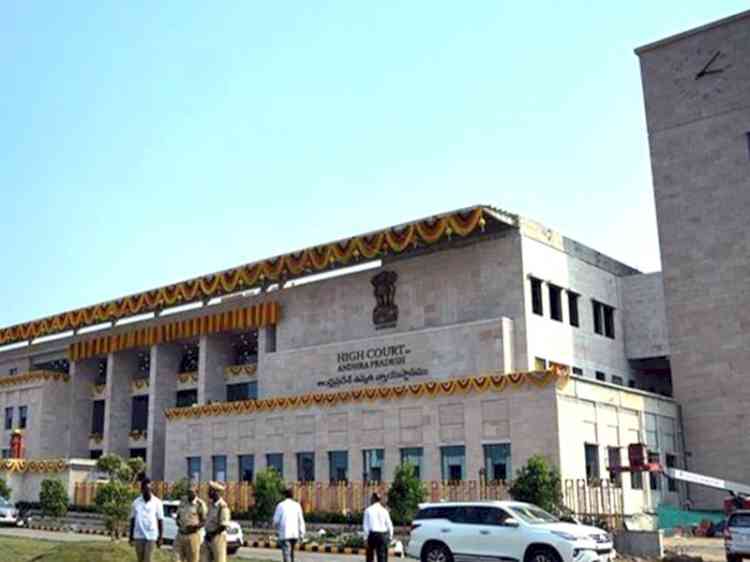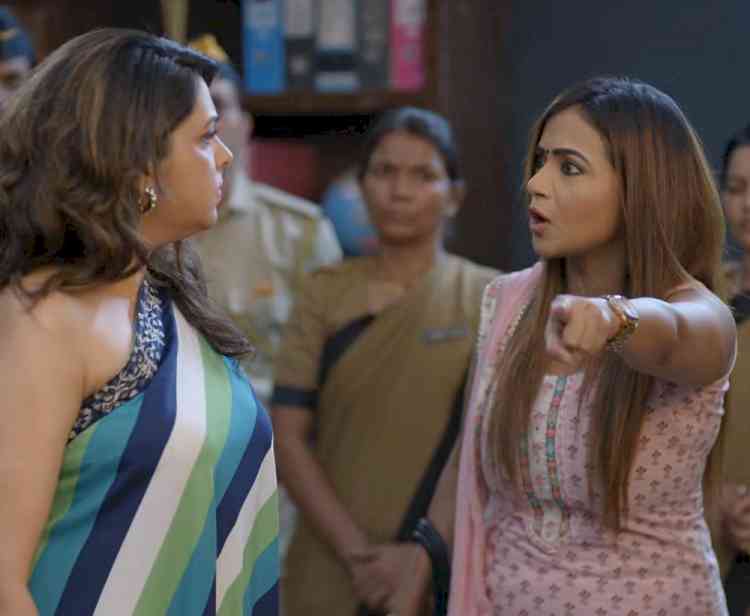Why ban the play if one character is objectionable? HC to Andhra govt on 'Chintamani' ban
The Andhra Pradesh High Court on Wednesday sought to know how can the state government ban a play just because one of the characters is portrayed in bad light.

Amaravati, Feb 2 (IANS) The Andhra Pradesh High Court on Wednesday sought to know how can the state government ban a play just because one of the characters is portrayed in bad light.
The court was hearing a PIL filed by YSRCP rebel MP Raghu Ramakrishna Raju against the state government's recent ban on the staging of 'Chintamani', a popular Telugu play staged across Andhra Pradesh since 1920.
Stating that the play has great significance in the society, the petitioner's counsel contended that it is being enacted for long, and banning it constitutes a violation.
The government counsel responded that the ban was imposed in response to a representation from a section of the society.
The court asked the state government as to how it could ban staging of the play when there is no ban on the book on which it is based.
The court directed the government to submit the representation it had received in this regard. The hearing on the matter has been scheduled for next Tuesday.
On January 17 this year, the Andhra Pradesh government banned 'Chintamani'. The play scripted by pre-Independence era social crusader Kallakuri Narayana Rao deals with prostitution. It had celebrated its hundredth anniversary only last year.
While the play revolves around the central character of Chintamani, a prostitute who attains salvation through repentance, it is the character of Subbi Setti, a Bania or merchant community member who descends to abject poverty, is at the centre of the current controversy.
The state government's move to ban 'Chintamani' had come following representations from the Arya Vysya community in Andhra Pradesh.
The Telugu merchant community, known as 'Banias' in north India, has long been up in arms against the play in which the character of Subbi Setty is portrayed in extremely poor light.
However, the ban has been opposed by the literary and art fraternity who see it as an assault on creative freedom.


 IANS
IANS 








